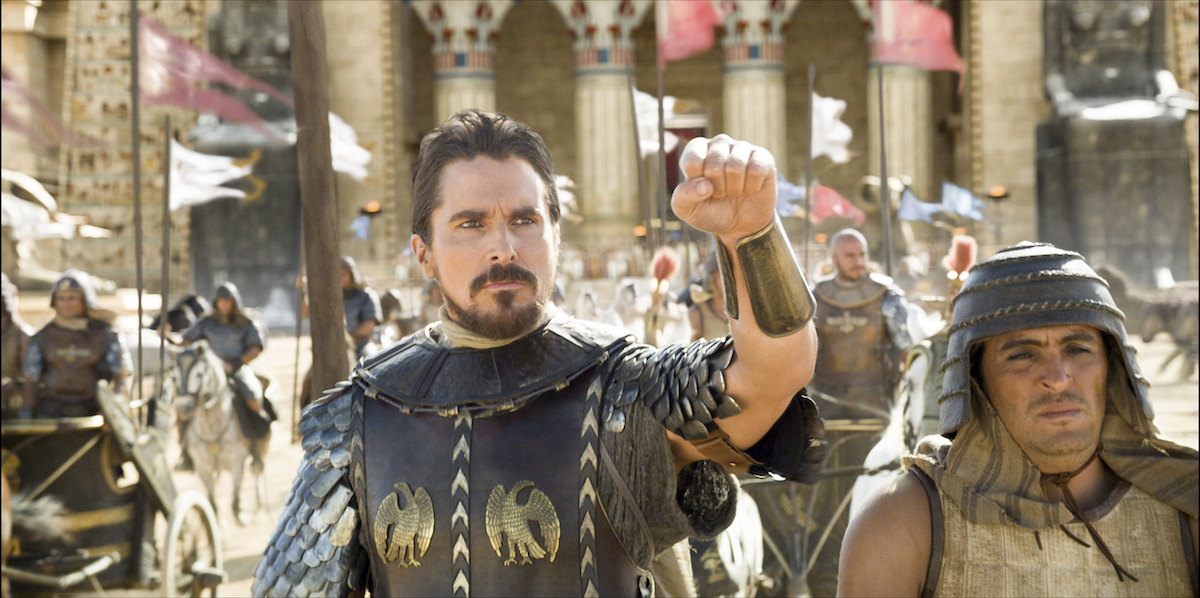
It’s high season for movies that are based on historical figures–Selma and Unbroken are among the most prominent this year. For many believers, add to that list Ridley Scott’s new take on the story of Moses and Egypt’s Pharaoh, Exodus: Gods and Kings, which arrives in theaters Friday — even though, as my colleague Elizabeth Dias has pointed out, the movie doesn’t exactly stick closely to the Bible’s telling.
In 1974, TIME devoted a cover story to the question of whether there was any evidence that the biblical tale is in fact based in fact. Though the headline proclaims that “The Believers Gain” and though several biblical details had by then been confirmed with archaeology, those who hoped for historical evidence of Exodus’ truth would be disappointed by what the story reported:
Even very conservative Bible experts will now agree that the crossing of the Red Sea in Exodus can be too literally construed. Study shows that the Israelites apparently crossed the Sea of Reeds, a series of shallow lakes that once lay where the Suez Canal now runs. The high wind noted in Exodus could have made the lakes more easily fordable on foot—but not by the Egyptian chariots.
About two decades later, in 1995, the magazine revisited the topic of biblical facts, in light of several discoveries, which had confirmed that King David really lived and that the prophet Jeremiah did too. The article contained one archaeological hint that something Exodus-like might have once happened, perhaps some time between 1500 BCE and 1200 BCE — a silver-plated bronze calf had been found in 1990 near the Gaza Strip, which some scholars thought was a reference to the golden calf of the Bible — but in general, no proof of Moses’ existence had yet been discovered:
…even scholars who believe they really happened admit that there’s no proof whatsoever that the Exodus took place. No record of this monumental event appears in Egyptian chronicles of the time, and Israeli archaeologists combing the Sinai during intense searches from 1967 to 1982–years when Israel occupied the peninsula–didn’t find a single piece of evidence backing the Israelites’ supposed 40-year sojourn in the desert.
The story involves so many miracles–plagues, the parting of the Red Sea, manna from heaven, the giving of the Ten Commandments–that some critics feel the whole story has the flavor of pure myth. A massive exodus that led to the drowning of Pharaoh’s army, says Father Anthony Axe, Bible lecturer at Jerusalem’s Ecole Biblique, would have reverberated politically and economically through the entire region. And considering that artifacts from as far back as the late Stone Age have turned up in the Sinai, it is perplexing that no evidence of the Israelites’ passage has been found. William Dever, a University of Arizona archaeologist, flatly calls Moses a mythical figure. Some scholars even insist the story was a political fabrication, invented to unite the disparate tribes living in Canaan through a falsified heroic past.
Still, others defended the story: perhaps the Egyptians wiped their defeat from their historical record; perhaps the archaeologists were looking in the wrong place. As Ishaan Tharoor has noted over at the Washington Post, some scholarship has suggested that perhaps a Moses-like figure did live, but that he wasn’t Moses-Moses; he could have been Egyptian, for example.
As TIME noted almost exactly 40 years ago, that may not matter in the end. After all, those who think Moses once lived “never needed such corroboration” — and those who already plan to see Exodus likely feel the same way.
Read the 1974 cover story here, in the TIME Vault: How True Is the Bible?
Read the 1995 cover story here, in the TIME Vault: Is the Bible Fact or Fiction?
Ten Actors Who Have Played God (In Film)
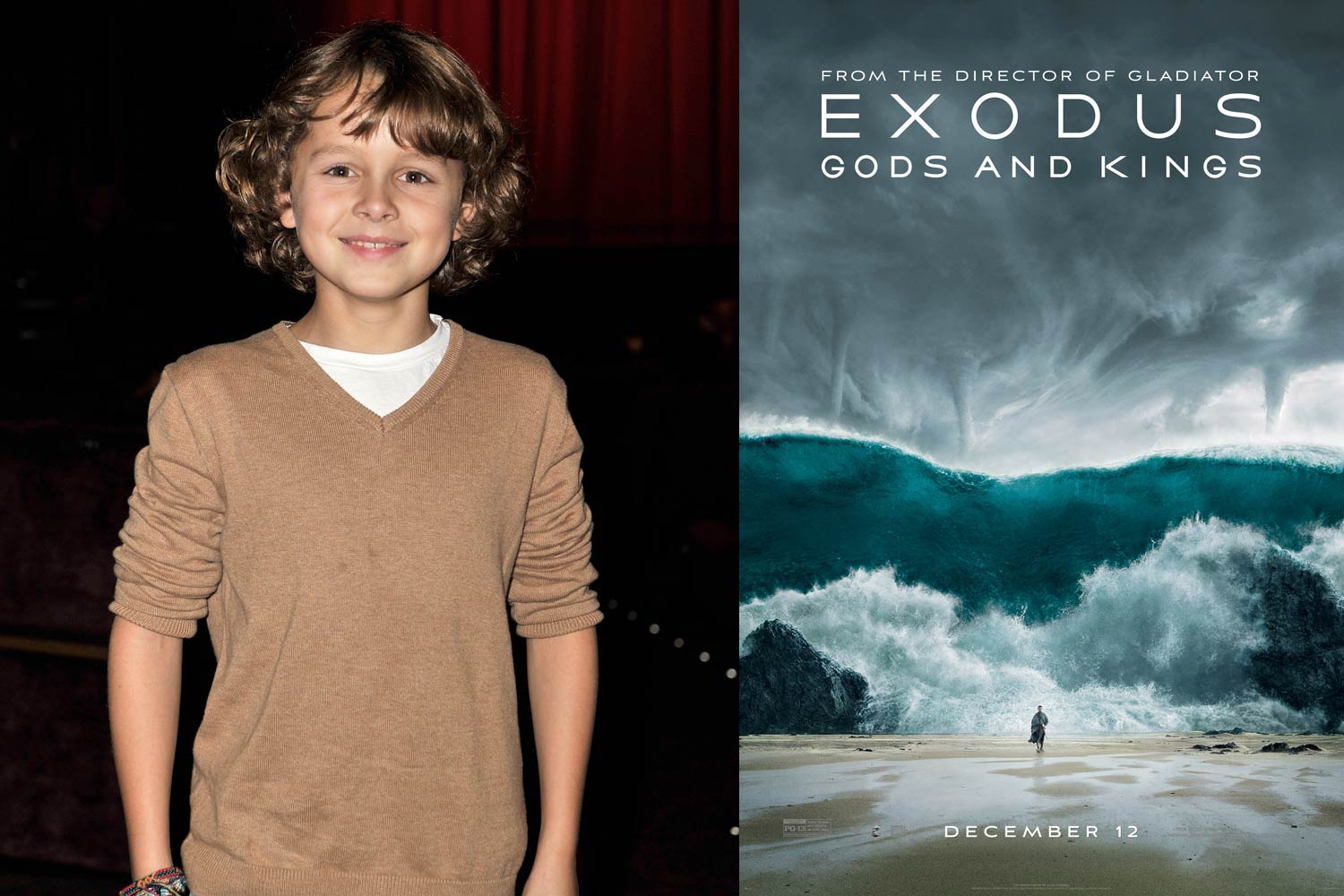
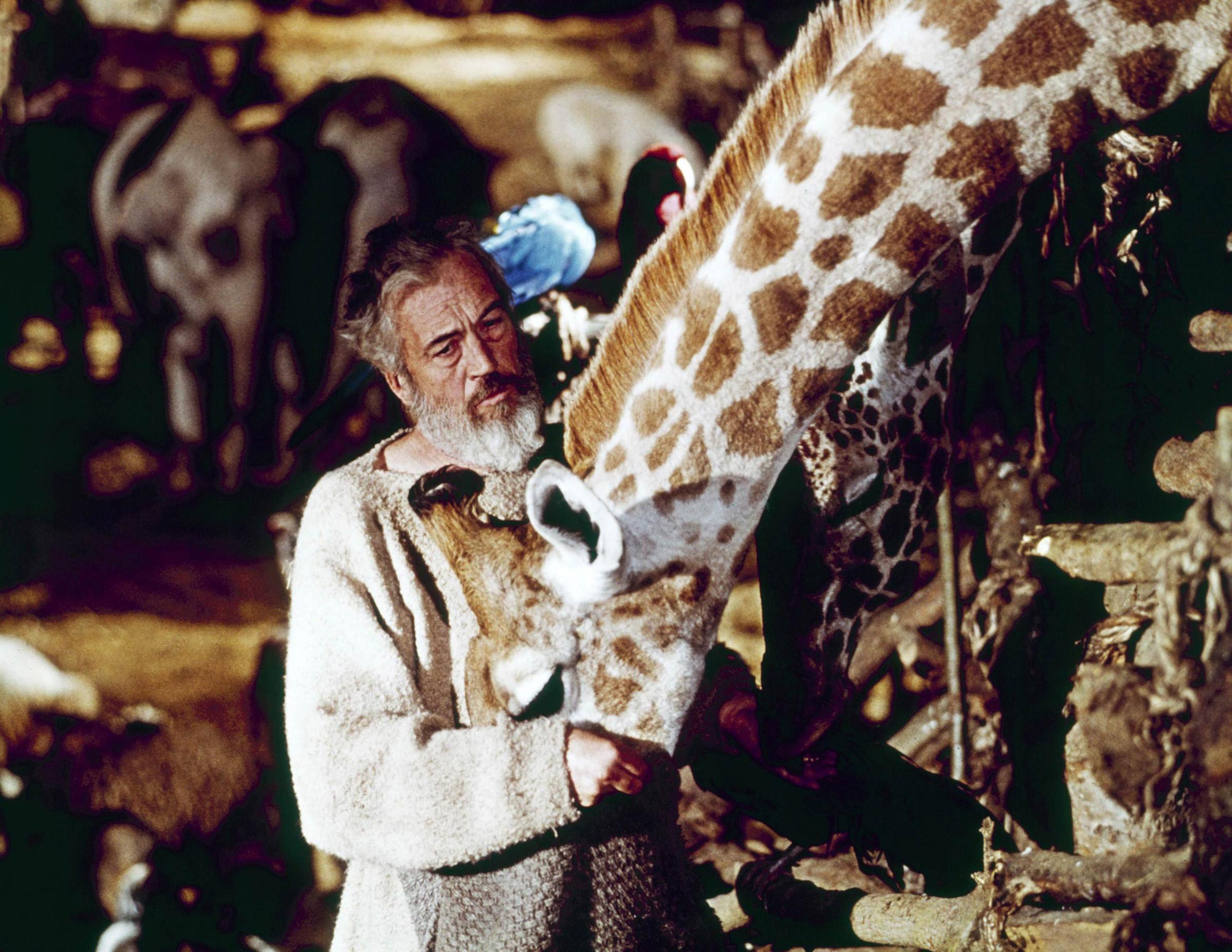
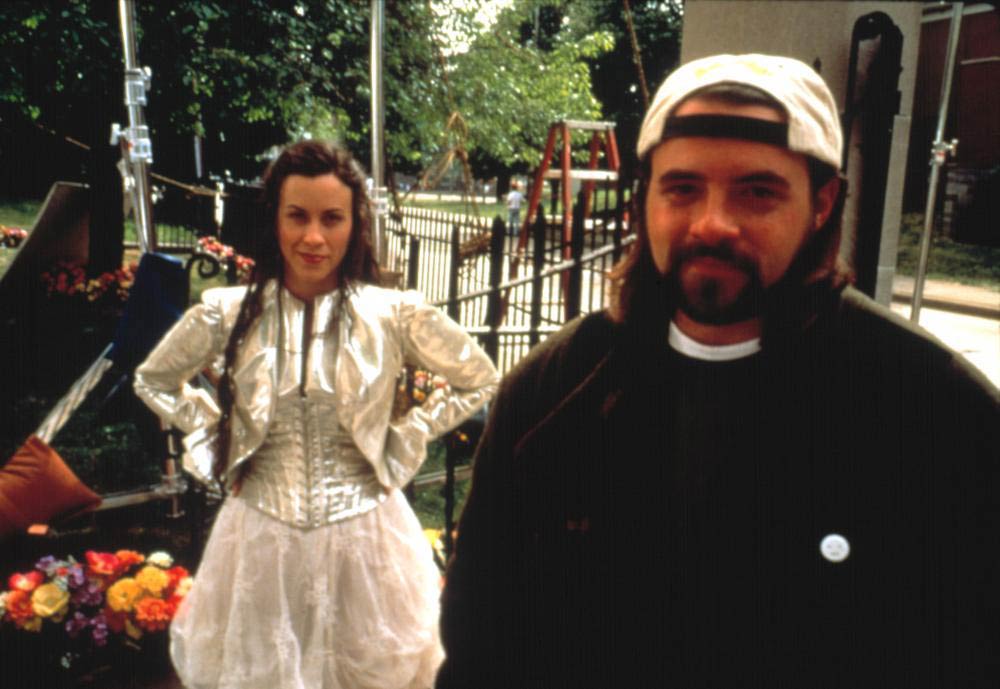

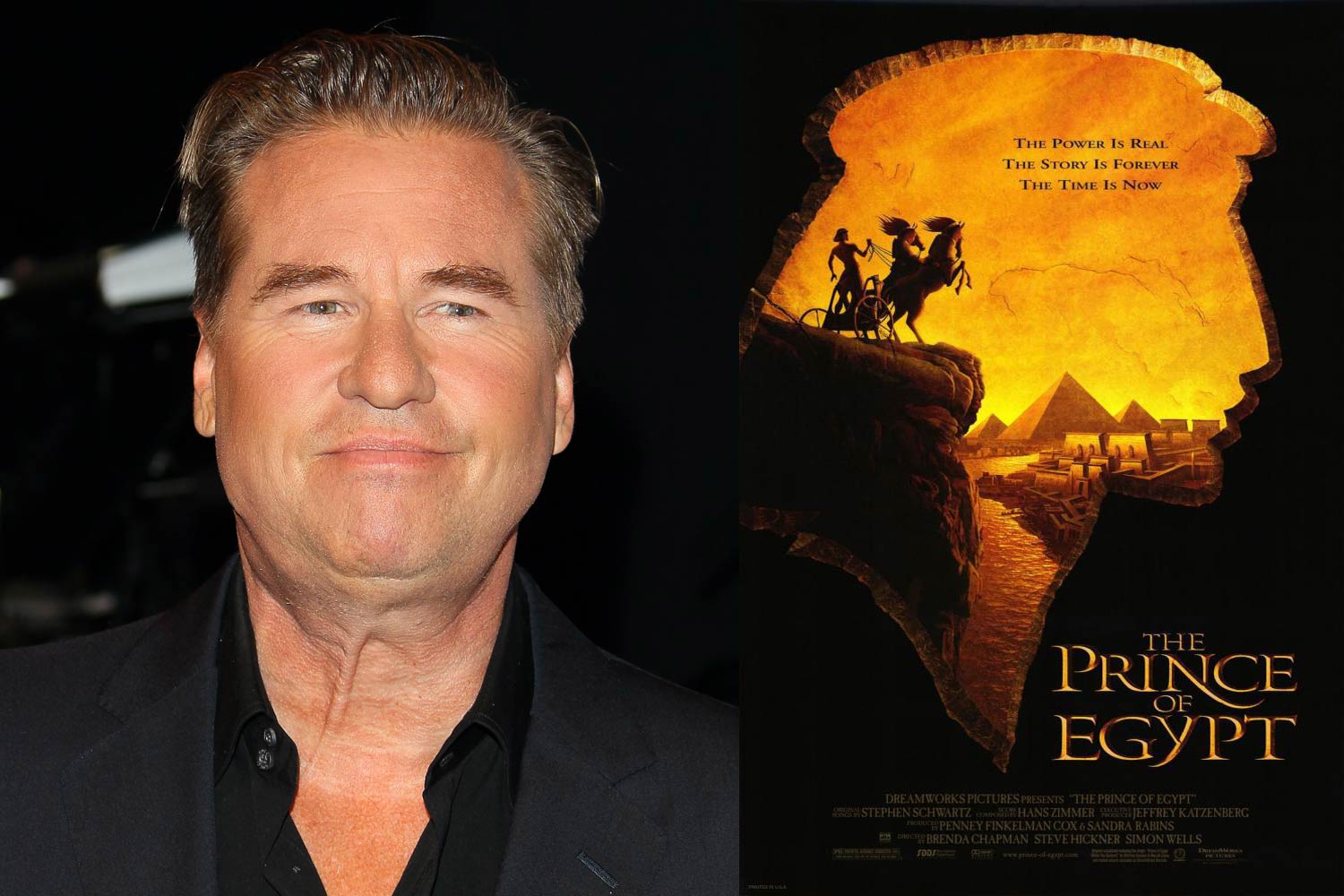
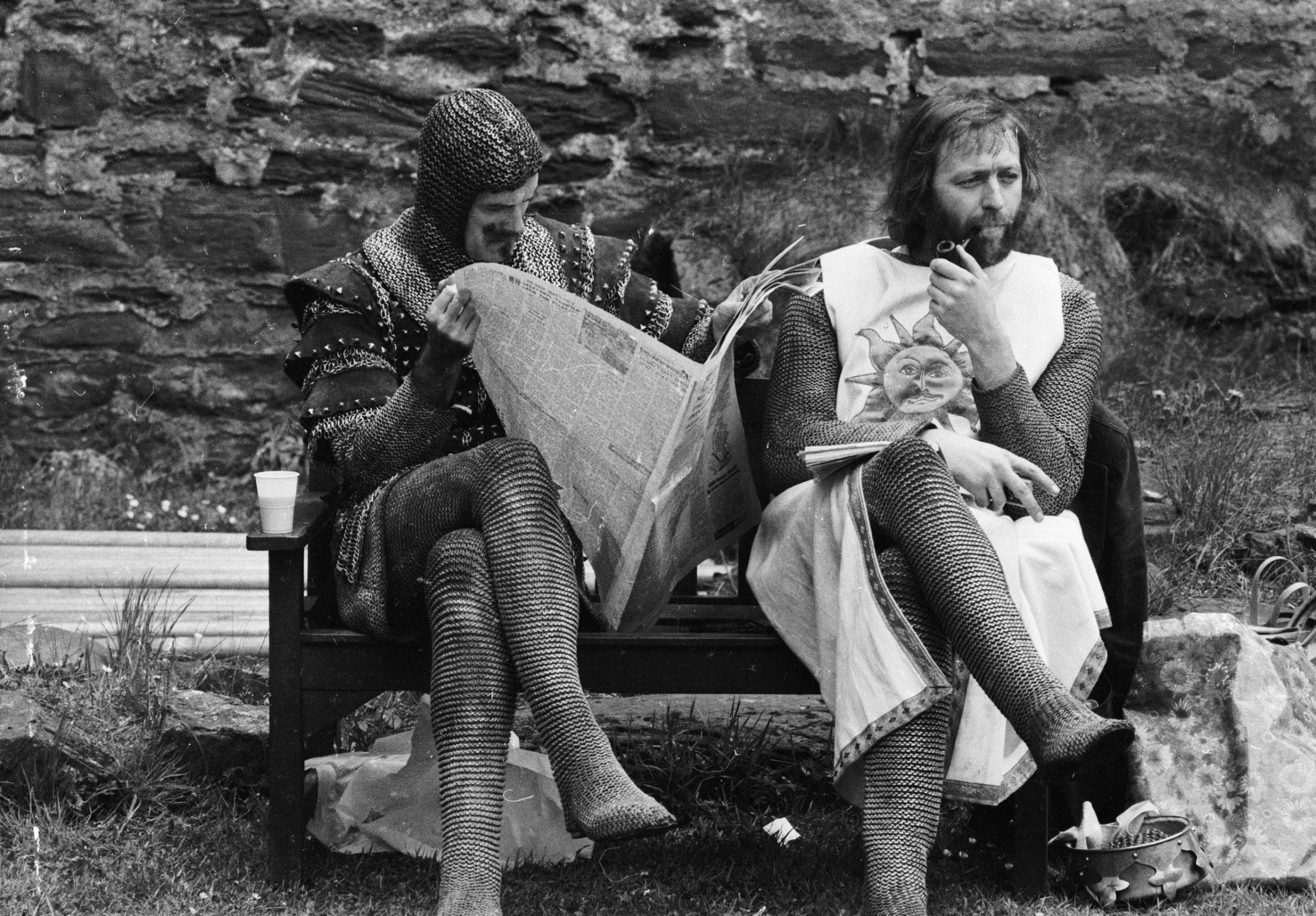




More Must-Reads from TIME
- Cybersecurity Experts Are Sounding the Alarm on DOGE
- Meet the 2025 Women of the Year
- The Harsh Truth About Disability Inclusion
- Why Do More Young Adults Have Cancer?
- Colman Domingo Leads With Radical Love
- How to Get Better at Doing Things Alone
- Michelle Zauner Stares Down the Darkness
Write to Lily Rothman at lily.rothman@time.com